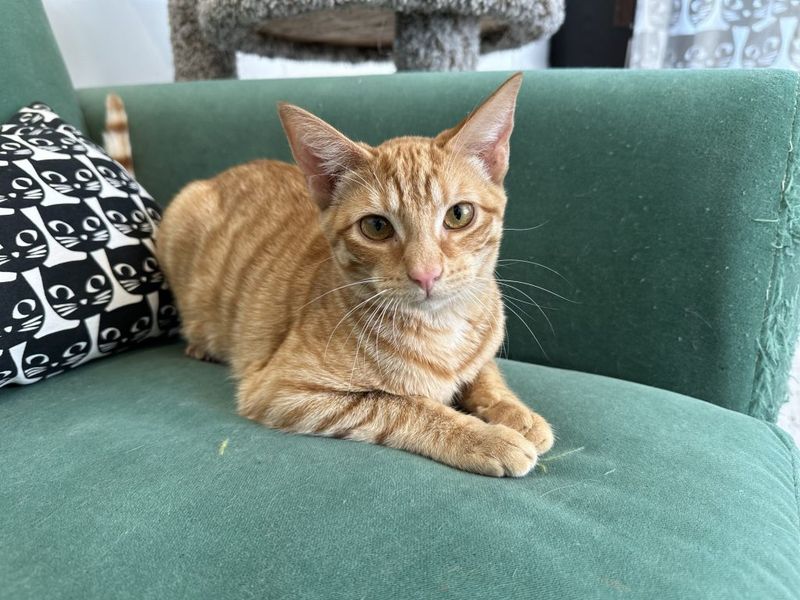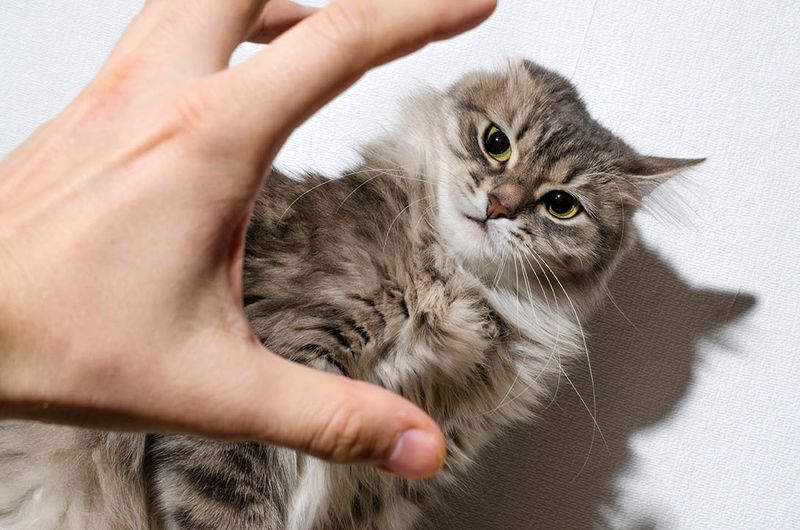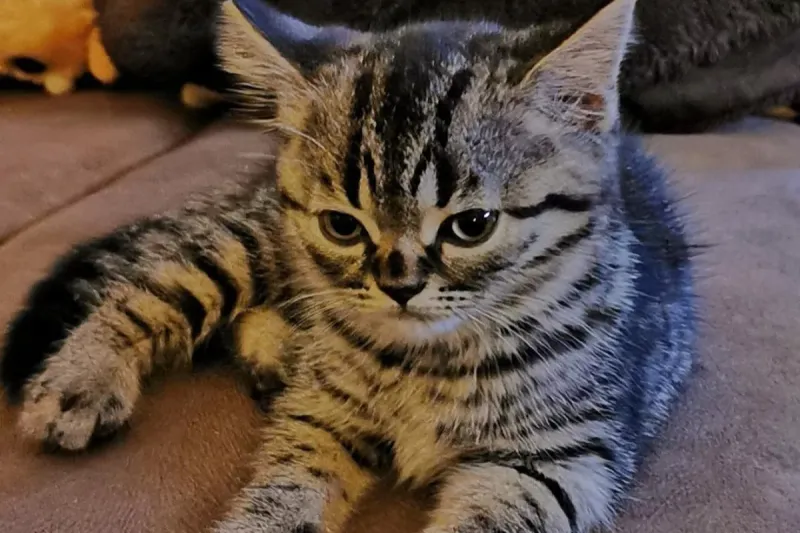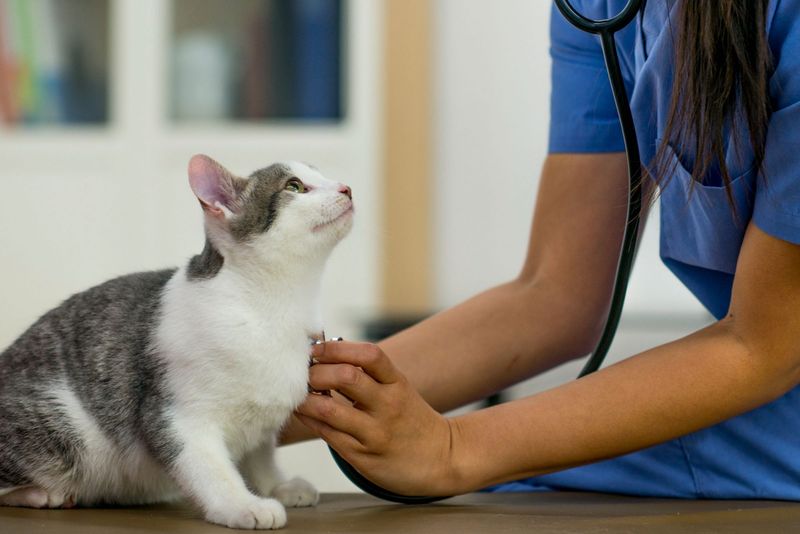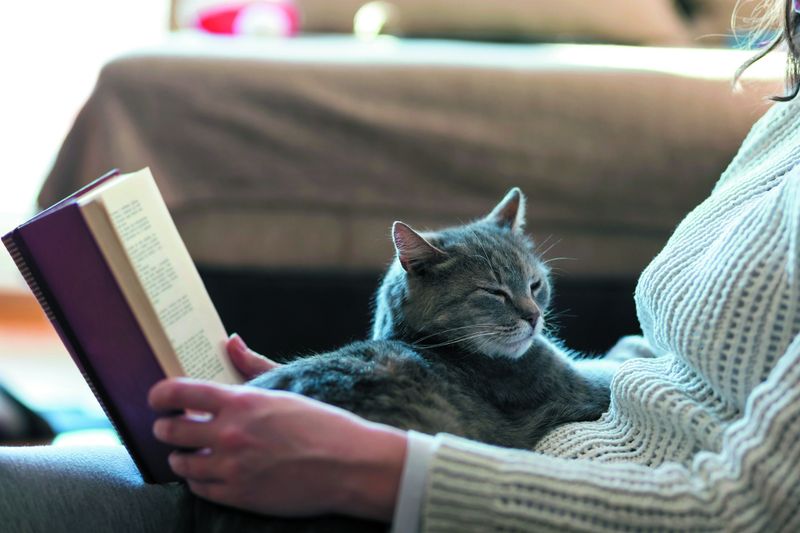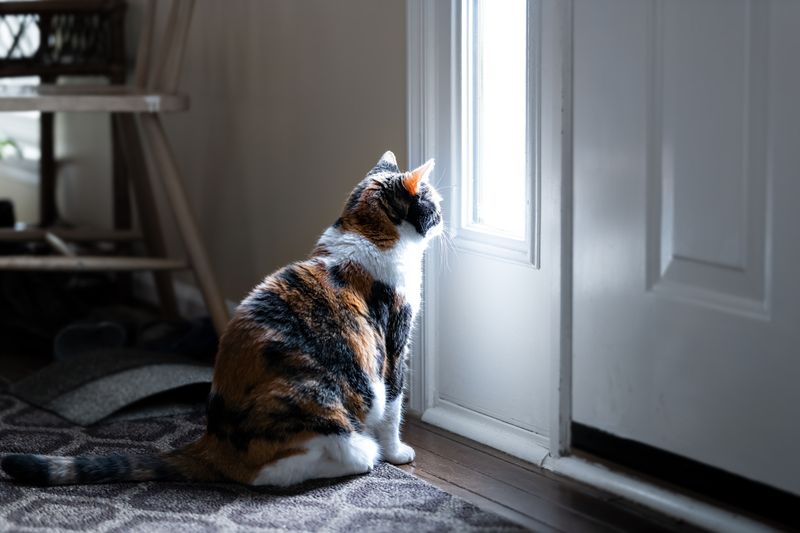📖 Table of Content:
Rehoming a cat is a serious decision, yet it’s often made with more concern for human comfort than feline welfare. While there are legitimate situations where finding a new home is the kindest option, many cases stem from impatience, inconvenience, or shifting priorities. It’s easy to justify these choices under the guise of “doing what’s best,” but the truth behind many rehoming stories tells a different tale—one where the cat’s needs come second.
Cats are living beings with strong bonds, routines, and emotional depth. Uprooting them disrupts not only their sense of safety but also their trust in humans. Sadly, many owners overlook this impact, focusing instead on how the cat no longer fits neatly into their lifestyle. Whether it’s a new baby, an allergy-prone partner, or the desire to travel more freely, the excuses may sound reasonable—until you consider them through the cat’s eyes.
Too often, the narrative centers on the owner’s struggle, ignoring the silent distress of the pet being left behind. These decisions, while painted as rational or necessary, are frequently rooted in selfish motivations disguised as compassion. It’s time to recognize when rehoming isn’t about the cat at all—but about making life easier for the person holding the leash, or in this case, the carrier.
1. Moving to a Pet-Free Apartment
Landlords and leases are frequent scapegoats in the rehoming equation. When faced with a move, some people opt for housing that doesn’t allow pets without exhausting all alternatives. While the situation might appear out of their control, it often reflects a choice to prioritize convenience or cost over the cat’s needs. Pet-friendly rentals do exist, even if they require more effort to find. Rather than searching longer or paying a bit more in rent or deposit, the cat is surrendered. It’s a case of human comfort taking precedence over animal security. For the cat, it’s a confusing and unnecessary upheaval.
2. A New Partner Doesn’t Like Cats
When a romantic partner dislikes or is allergic to cats, some opt to keep the relationship and let the cat go. It’s seen as a “sacrifice,” but it often displays misplaced priorities. Pets are long-term commitments, often before a partner. The cat’s rehoming isn’t about incompatibility, but convenience and appeasement. This signals that the cat is disposable when love is involved. True commitment should consider all family members, furry ones included. It’s about human convenience overshadowing the pet’s need for a stable home, impacting the cat’s life significantly.
3. The Cat Sheds Too Much
Fur on the couch can become a big deal for some. Instead of investing in grooming tools or lint rollers, they decide the “mess” is unbearable, prompting rehoming. This is a cosmetic inconvenience rather than a real problem. People valuing aesthetics over companionship might realize too late what living with a pet involves. Cats aren’t furniture; they come with fur and all. Giving up a cat for shedding is about control and comfort, not concern for their happiness. It’s a superficial reason that impacts the cat’s life unnecessarily.
4. A New Baby on the Way
When a baby arrives, some parents fear the cat might be a threat or burden. Instead of finding ways to safely include the pet, rehoming becomes the quick solution. This decision often stems from fear or being overwhelmed rather than true concern for the cat’s wellbeing. Many cats can adjust with the right support and boundaries, but instead of researching or seeking guidance, owners might take the easier path. It’s a choice made for peace of mind, not in the pet’s best interest. Sadly, the cat loses its home over what might have been manageable.
5. The Cat Isn’t as Cuddly as Expected
Not all cats are lap lovers, yet some expect constant affection. When faced with a shy or independent feline, disappointment leads to rehoming. Instead of adjusting or building trust, owners may label the cat as “not a good fit.” Rehoming stems from unmet desires, not the cat’s needs. Cats are sentient beings with unique personalities. Letting go for lacking “loving enough” is about human satisfaction, not feline welfare. This misunderstanding of adoption’s meaning can lead to a painful separation for the cat, who just needs understanding.
6. Vet Bills Become Inconvenient
When a cat develops a chronic condition, treatment costs can rise. Some owners, unwilling to adjust budgets, choose rehoming. Financial hardship is real, but not all who rehome due to vet bills are truly unable. For some, sacrificing luxuries isn’t an option. Rehoming becomes the “easier” choice, while the cat suffers for needing above-average care. It’s not about possibilities, but owner preferences. The decision prioritizes human convenience over the cat’s need for care, impacting its life and health. More support and planning can often make care manageable.
7. They’re Tired of the Responsibility
Cats require daily care, interaction, and attention. Some grow weary of this routine, viewing the cat as a chore rather than a companion. When life gets busy or the novelty wears off, rehoming is chosen to regain freedom. It’s not about the cat’s behavior but human boredom or burnout. This decision simplifies life for the owner at the expense of the cat’s home stability. A quiet detachment ends with the cat losing its known home, often without cause. Owners need to consider the long-term commitment and responsibilities of pet care.
8. They Want to Travel More
Wanderlust and a desire for flexibility are increasingly cited as reasons to give up pets. Some people rehome their cat simply because they want to travel without worry. Instead of arranging pet sitters or bringing the cat along when feasible, they decide it’s too much work. The cat becomes a barrier to spontaneous plans and bucket-list dreams. But that trade-off—freedom over loyalty—is deeply one-sided. It places personal goals above the cat’s right to a stable, loving home. Once again, the decision is dressed in logic but rooted in convenience.

